Top 7 Mistakes to Avoid When Hiring Tech Talent
Today, the tech industry has become massively aggressive. Thus, it has become important to avoid some common mistakes during tech talent hiring. According to a recent study, most tech companies admit to making errors while hiring because of unclear job roles.
The entire focus has shifted to prioritizing cost over quality as companies fret over hourly rates instead of investing in the right talent. Nevertheless the demand for skilled professionals is on the rise. So, to attract and retain top talent these mistakes need to be avoided. This article explores the top seven mistakes to avoid in your tech hiring process.
1.Lack of Clarity in Job Descriptions
When job descriptions for tech roles are vague, confusion becomes a norm. You’ve come to a new job, and you don’t know what you’re supposed to do! Such a situation creates miscommunication about who’s responsible for what, which can lead to frustration among team members.
Without clear roles, people may find themselves stepping on each other’s toes or, and completely missing important tasks. This confusion can make work appear stressful and chaotic, adversely affecting retention rates.
Studies found that when employees understand exactly what is expected of them, their productivity will increase dramatically — 53% more efficient in fact! So, devoting time to writing clear job descriptions isn’t just helpful; it’s a must-have for ensuring everyone is on the same page and your team can succeed together.
2. Choosing Cost Over Quality Can Hurt
Picking cost instead of quality while hiring tech talent can incur severe losses for your team. It’s tempting to go for the cheapest candidates, especially in a competitive market, but this often backfires. It is a trap that we often inadvertently fall into.
On the other hand, taking the low-cost route by hiring inexperienced or lower-grade talent can save you some cash in the short term, but the cost of poor performance, missed deadlines, and disruption to your projects can be detrimental.
Beyond technical skills assessments, well-trained professionals offer problem-solving skills and creative thinking that lead to success. In the end, it’s a long-term investment that will prove to be worth it because strong team players lead a successful company.
3. Cultural Mismatch Can Break Team Dynamics
Have you ever considered how a cultural mismatch can disrupt team dynamics? When individuals work in teams with varied backgrounds and experiences, different communication styles and work methods in the same group may be conflicting. Some give direct feedback, while others prefer to preserve harmony and keep it subtle.
Everyone works differently and communicates uniquely with one another, which can sometimes clash. Conflicts on the work-life balance approach, among others, add to the challenge, too. The inability to acknowledge and respect such cultural differences can lead to friction at work and directly affect the effectiveness of teamwork.
To form a cohesive team, it’s important to encourage open discussions around these differences. In addition to spurring creativity and making the work space more interesting, we must embrace diversity to build stronger relationships leading the whole team to success.
4. Rushed Hiring Decisions Often Lead to Mistakes
Let us understand this with the help of an example. So, for instance, a tech startup has a pressing need to fill a key developer position. In their rush, they settled on a candidate who appeared qualified but proved not to be the right fit for the team’s needs or culture.
It soon became apparent that the hire had issues when it came to collaborating with others, and the outcome was missed deadlines and frustration among colleagues.
In the end, the startup needed to replace the person and begin the hiring process from scratch.
This took up time on the clock as well as resources while draining the team’s morale. Therefore the importance of finding the right fit for the long game cannot be understated!
5. Overlooking Soft Skills Affects Team Collaboration
Today, soft skills are equally; if not more important, than technical know-how. Ignoring these interpersonal abilities can lead to real issues in team collaboration and productivity. Here are a few reasons why you shouldn’t overlook soft skills when hiring:
- Better communication leads to fewer
- Strong interpersonal skills create a positive team
- Teams that join hands get things done
- Good communicators help resolve conflicts
- Happy teams with strong bonds stick around
- Open-mindedness sparks creativity and fresh
6. Long Interview Processes Can Scare Candidates Away
Long interview processes can be a major turn-off for candidates. This stands true, especially in a competitive job market. When the hiring process seems never-ending and long, top talent may lose interest or end up accepting better offers elsewhere. So, it is important to keep your interview process simple, quick and efficient to avoid the following:
- Candidates may feel undervalued if the process takes too
- Lengthy interviews can lead to frustration and
- Top talent often has multiple offers and won’t wait
- A slow process can damage your company’s
- Candidates may question the organization’s efficiency and decision-
- Streamlined interviews show respect for candidates’ time and
7. Neglecting Technical Assessments Leads to Problems
The inability to conduct technical assessments at the time of tech talent hiring can create major problems for organizations. In the absence of adequate assessments, organizations may end up hiring individuals who are deficient in crucial skills, leading to suboptimal job performance.
Research states that 46% of new hires failed in the first 18 months due to a lack of skills and no preparation. Moreover, organizations that skip technical assessments report a 30% higher turnover rate, as expectations are mismatched by reality leading to dissatisfaction.
This wastes not just time and resources but impacts the dynamics of a team. Customizable technical assessments are critical, to ensure candidates demonstrate the skills required for success in their roles.
Key Takeaways
When it comes to hiring mistakes in the tech industry, the common issues stated above must be avoided as they make a huge difference. First of all, you need to write some clear job descriptions. Prioritize quality, rather than cost; it has a great impact in the long run. Soft skills are powerful too—they enhance collaboration and morale. Also, be sure
and take time to look for the perfect cultural fit. Adapt your interview process to stay competitive and keep candidates engaged. Lastly, always use technical assessments for skills verification. By following these tips, you will have high-performing teams that drive success and innovation. So, remember to invest in your hiring process — it pays off!


